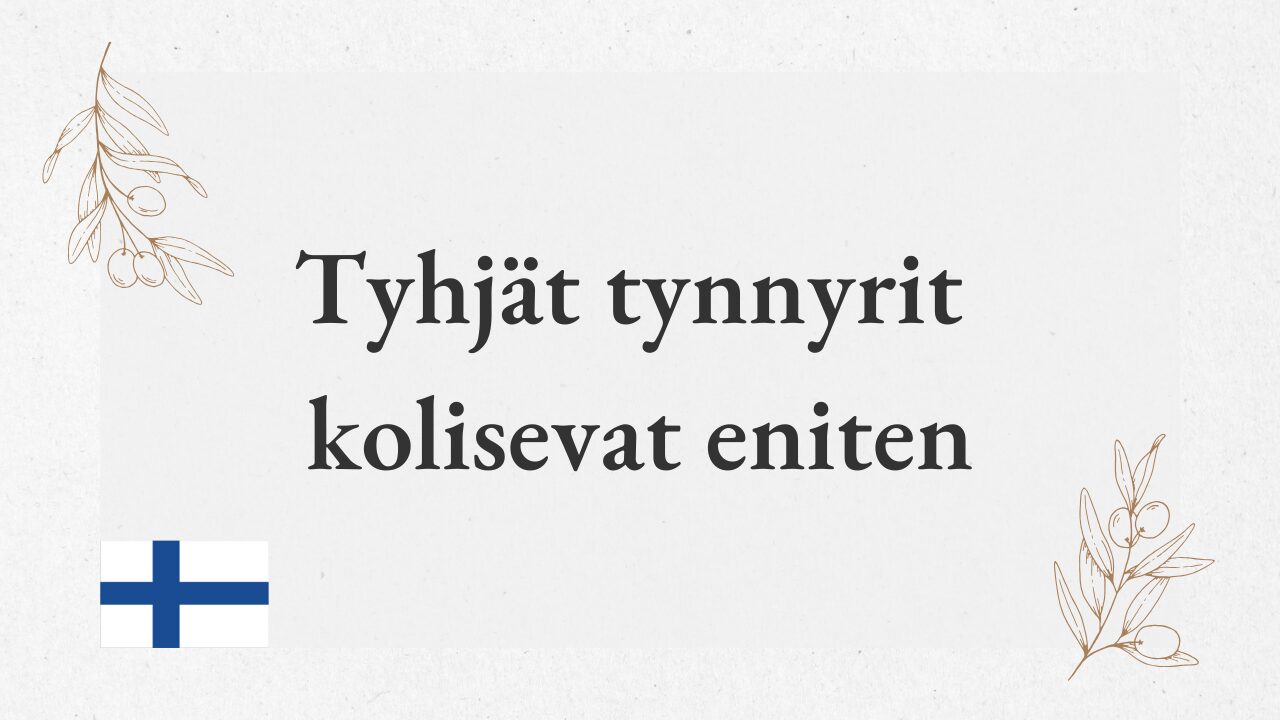“Ei savua ilman tulta” – There’s no smoke without fire

Meaning
“Ei savua ilman tulta” is a Finnish proverb that literally translates to “There’s no smoke without fire.” This expression conveys the lesson that “whenever there is a rumor or a problem, there is always a cause or some truth behind it.”
When something arises, it is rarely completely false; there is usually some background or fact behind it. This expression is used in the same way as the Japanese proverb “火のないところに煙は立たない” (There’s no smoke without fire). The English equivalent “There’s no smoke without fire” also carries the same meaning.
All of these expressions suggest that when rumors or issues arise, there is some truth or reason behind them. These sayings are based on a natural phenomenon and are used as universal truths worldwide.
Origin
This proverb is based on the relationship between fire and smoke, developed from a physical phenomenon. When smoke is visible, it is understood that fire is the cause, a concept known worldwide since ancient times. Using this natural phenomenon as a metaphor, the proverb suggests that when rumors or troubles arise, there is always some truth or cause behind them.
In traditional Finnish life, it was common to use wood for heating homes and cooking. Fire was a familiar presence, and the appearance of smoke meant that there was fire, which implied that something was causing it—an understanding ingrained in daily life.
During Finland’s long winters, keeping the home warm was especially important, and smoke rising from the chimney was a sign that the home was warm. As a result, this phenomenon was closely connected to everyday life.
Usage
This proverb is used when rumors or events come up, indicating that there is likely some truth behind them.
For example, when gossip or scandals arise, this phrase is often used to suggest that the rumor is not entirely baseless. It is also used when a problem occurs, suggesting that the issue was not random but caused by some underlying reason.
Conclusion
“Ei savua ilman tulta” is a Finnish proverb meaning “There’s no smoke without fire.” It teaches that whenever rumors or issues arise, there is always some cause or background behind them.
This proverb is used in daily conversations, business settings, or the news when people believe that there is some truth behind a problem or scandal.




